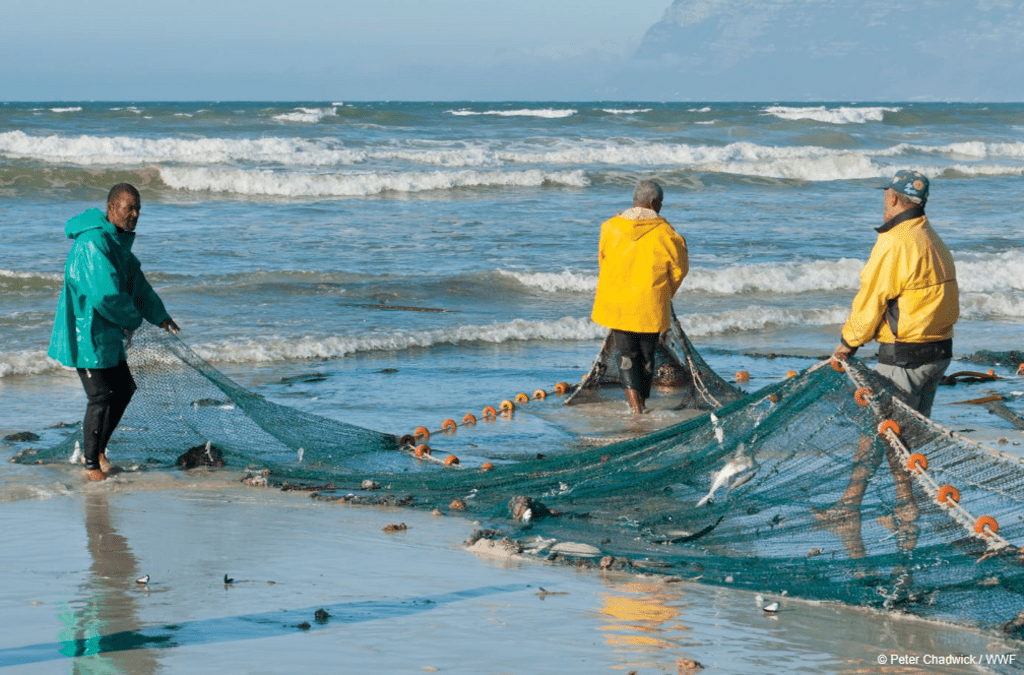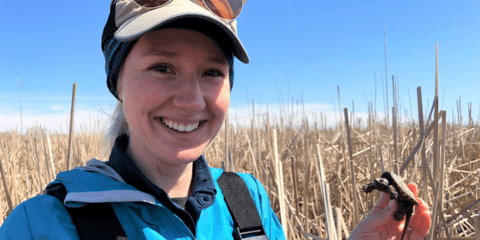Simon Courtenay retires leaving a legacy of leadership, learning, and environmental stewardship
Dr. Simon Courtenay is retiring after a distinguished career advancing aquatic research, education, and environmental governance. His leadership, mentorship, and service have left a lasting impact on SERS, the Faculty of Environment, and beyond.
Congratulations Simon!








